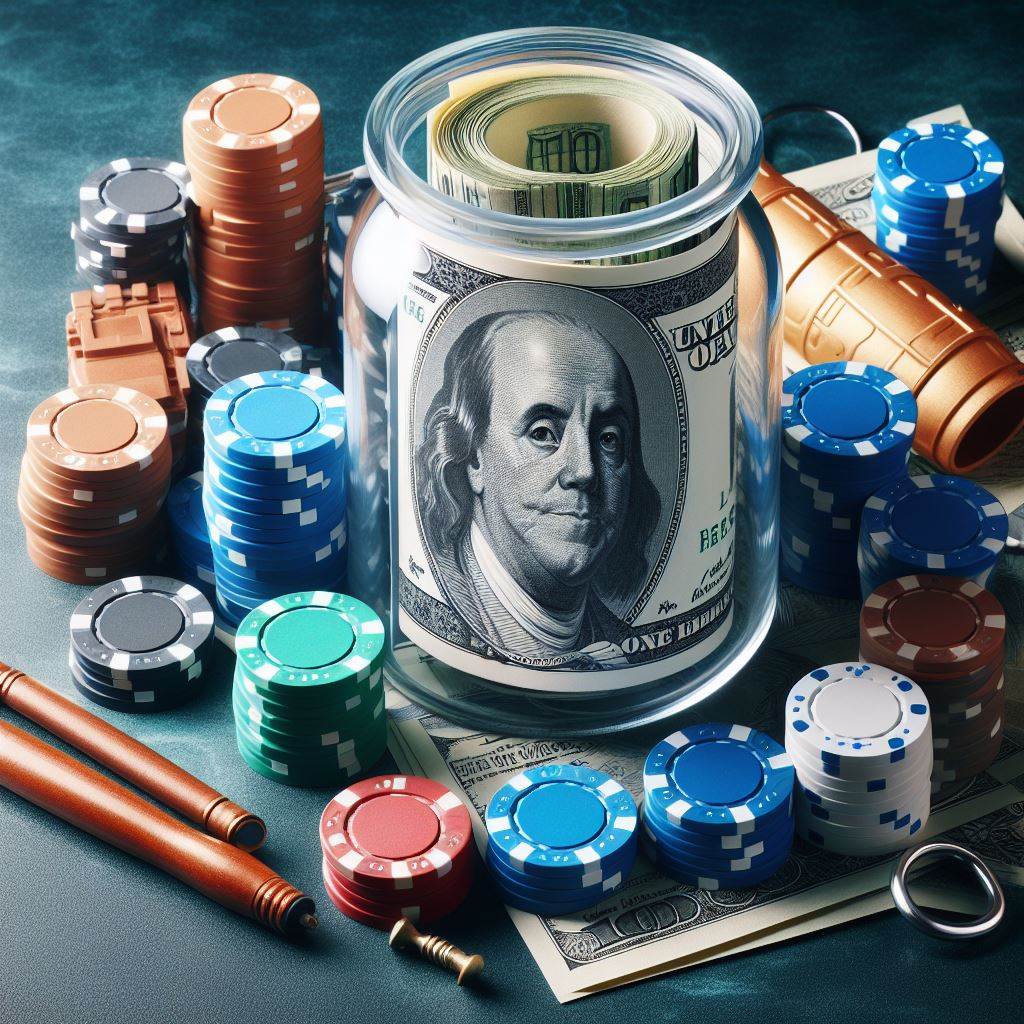In the world of casino poker, managing your money wisely is just as crucial as knowing when to hold ’em or fold ’em. A solid financial strategy can transform a recreational poker hobby into a profitable endeavor and prevent the all-too-common pitfall of a busted bankroll. This article explores effective strategies for building and maintaining your bankroll, Building Your Bankroll Financial providing a financial foundation that supports both growth and sustained play.
1. Understand Bankroll Management
Bankroll management is the cornerstone of professional poker playing. It involves playing at stakes where your bankroll can absorb the inevitable swings of the game without risking financial ruin. A common rule is to never use more than 5% of your bankroll on a single buy-in. If you have $1,000 dedicated to poker, Building Your Bankroll Financial this means you should avoid entering games with a buy-in greater than $50. Adhering to this principle can keep you in the game longer and ward off the pressures of playing ‘scared money’—money you cannot afford to lose.
2. Separate Personal and Poker Finances
One of the most important steps you can take is to separate your personal finances from your poker bankroll. This clear financial boundary prevents the common dilemma where personal expenses bleed into gambling funds and vice versa. Use a separate bank account or digital wallet dedicated solely to poker. This separation also aids in tracking your progress and understanding if your poker playing is profitable over time.
3. Choose the Right Games
Not all poker games are created equal, especially when it comes to building your bankroll. Game selection is a critical skill that involves choosing games that are not only profitable but also right for your skill level and bankroll size. Playing in games with opponents who are less skilled will increase your chances of winning, but these games should also have buy-ins that align with your bankroll management strategy.
4. Record Keeping
Successful poker players keep detailed records of their sessions. Recording wins, losses, the type of games played, and observations about what worked or didn’t can help refine your strategy. This habit not only helps in understanding your financial trajectory but also aids in tax preparation, particularly if poker is a significant source of income.
5. Invest in Your Skills
Building a bankroll is not merely about finance management but also about skill enhancement. Investing in poker education through books, online courses, and coaching can significantly impact your performance. The more skilled you become, the higher your chances of successfully competing in higher-stakes games, thereby increasing your potential earnings.
6. Handle Wins Wisely
How you handle your wins can significantly impact the longevity of your poker career. It’s tempting to use winnings to buy into bigger games immediately, but this can be a quick way to go broke. A smarter approach is to stick to your bankroll management plan. Some players follow a rule where they only upgrade to higher stakes games if they have won enough to cover 20 full buy-ins at the next level.
7. Prepare for Downswings
Poker is a game of skill and luck, and even the best players experience downswings. Financial cushioning can help you weather these inevitable periods. Set aside a portion of your winnings during good times to sustain playing during leaner periods. This financial buffer can prevent the panic and rash decisions that come from playing in fear of losing.
8. Know When to Step Away
Finally, one of the hardest but most important strategies is knowing when to step away from the table. Whether it’s ending a session after a significant loss or taking a break during a downswing, stepping away can prevent catastrophic financial decisions. Poker should not financially or emotionally bankrupt you, so play within your limits.
Baca Juga: Reading the Table: Advanced Poker Tactics for Casino Enthusiasts
